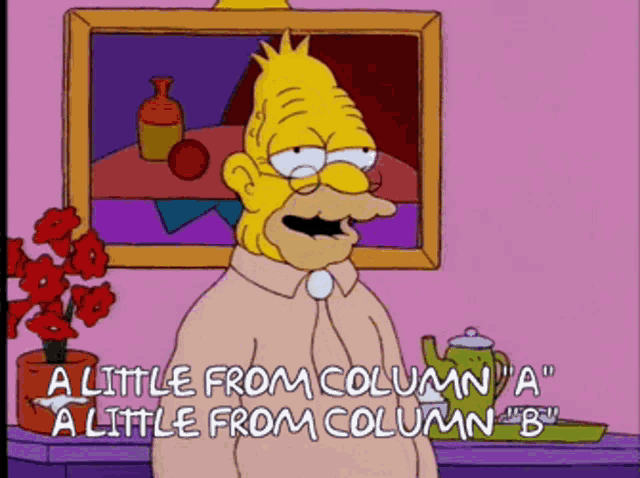Hope, pain and patience are heritage of wounded
Shot through throat, jaw by Jap on Iwo, Keith Wheeler writes from Saipan hospital
By Keith Wheeler, North American Newspaper Alliance
Keith Wheeler, severely wounded on Iwo, is now writing from the base hospital on Saipan. This is the first of a series.
AT AN ARMY STATION HOSPITAL, Saipan (Feb. 25, delayed) – It is now five days since I was wounded by a Jap bullet on the beach at Iwo Jima.
When I was first hit, I thought I was killed and I accepted my death without much inner protest. Sometime late in the first hour, I began to hope that I would survive. The hope has progressed gradually, until now I am convinced my eventful recovery is a reasonable certainty.
In these 120 hours since the bullet smashed through my throat and jaw, I have run the usual course of experiences of those wounded in battle. Twice men of great courage who were strangers to me saved my life at great risk of their own.
Becomes pincushion
My wounds have been dressed and probed and x-rayed and I have become a pincushion for needles carrying morphine, Novocain, penicillin, whole human blood, plasma, and probably several other specifics I did not feel at the time.
Now, at the end of five days, my crushed lower jaw has been hemstitched to the upper in a rigid embroidery of stainless-steel wire and rubber bands. The enormous swelling that once had my neck and head a great shapeless, julpy balloon has gone down by half. The surgeon’s next job is to dig some stray bone splinters out of my flesh and to force one triangular chunk of bone into an approximate plumb with what used to be my jawline.
Thereafter I will settle down to a minimum of two months of eating only such liquids as I can suck through by clenched teeth and restraining my conversation to grunts. It may need much longer than that.
Because I am still relieved to be alive, because I still am physically strong and mentally interested and because I am not yet as hungry as I expect to become, I approach this prospect still with a certain cheerfulness. But I doubt if it lasts long.
I am truly and humbly convinced that the fact and circumstances of my wound are important to very few people. As they are the experiences of an individual, they are worth far less than I intend to write about them.
There were 600 wounded on my hospital ship alone. There were thousands more on others nearby. Every hour on the beach adds to the harvest of pain and disfigurement. There are far too many of us for any one of us to unique.
‘Some of us die’
Some of us lose arms or legs or eyes and some of us die. Some are paralyzed and some few are crazy when it’s over. Some of us may return to duty in a few days. Some of us never will be whole again. But the road to health is long and dark through pain.
Each of us is different, but all of us are alike. We are the wounded. If I write overmuch about the wounded me, it is because I know most about my own wound. When I write about me, I am in some sense writing about us all. About the fear and courage, stink and misery, discouragement and hope and disappointment, pain and patience that are the heritage of all of us who are the wounded.
